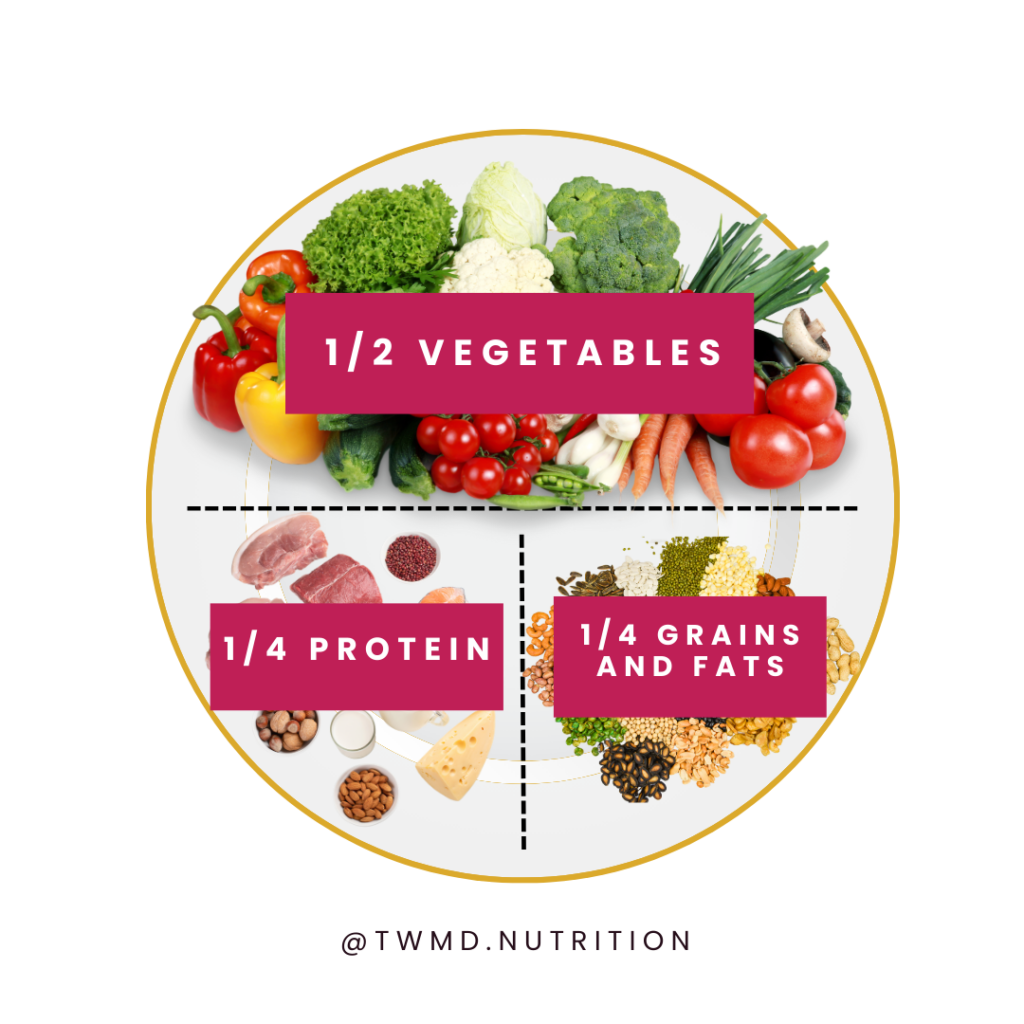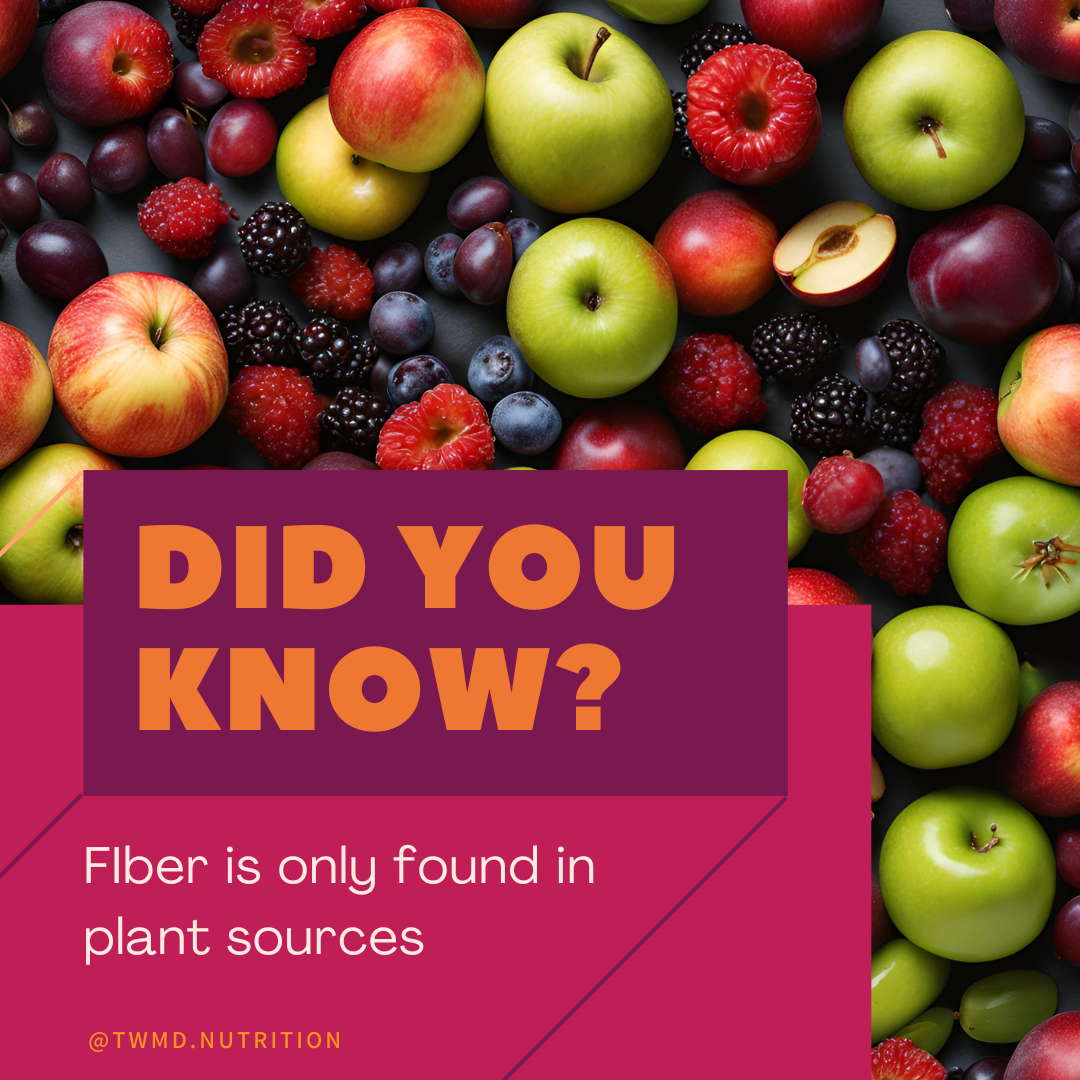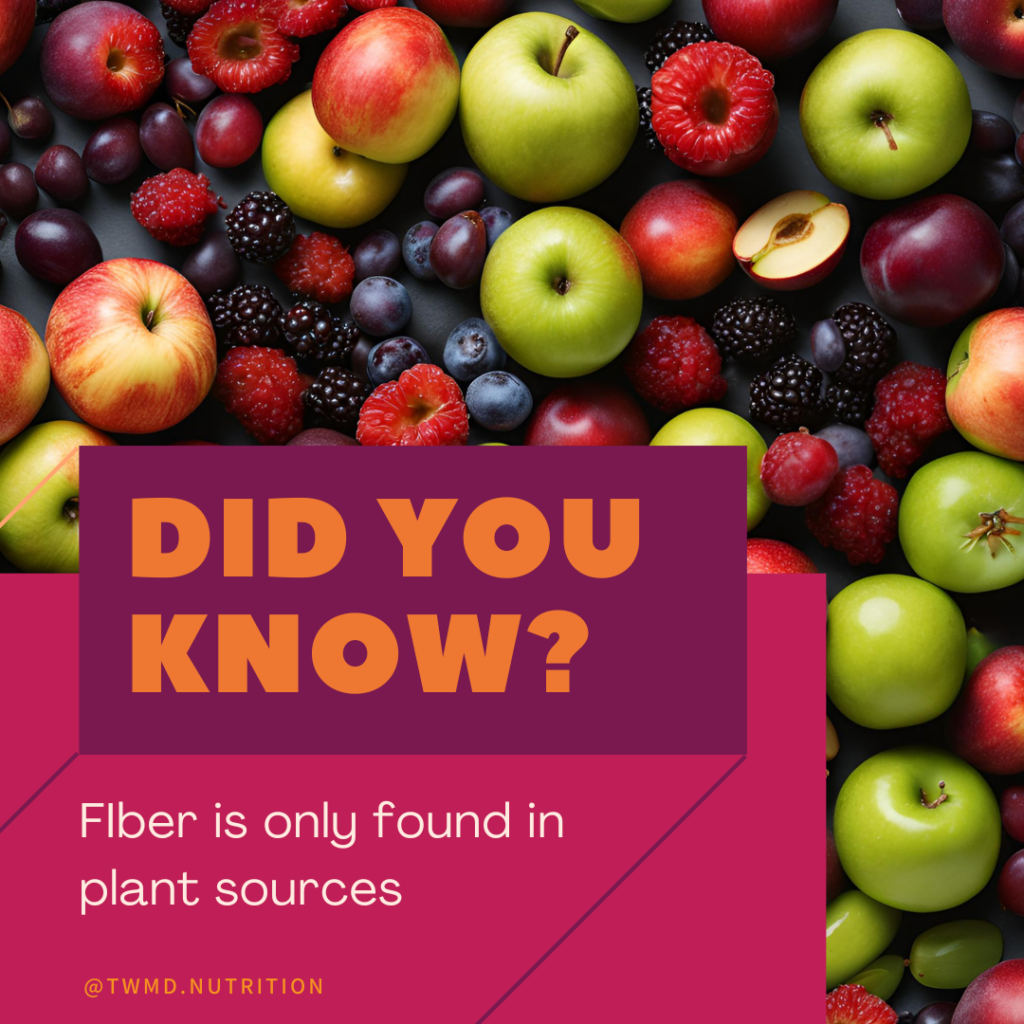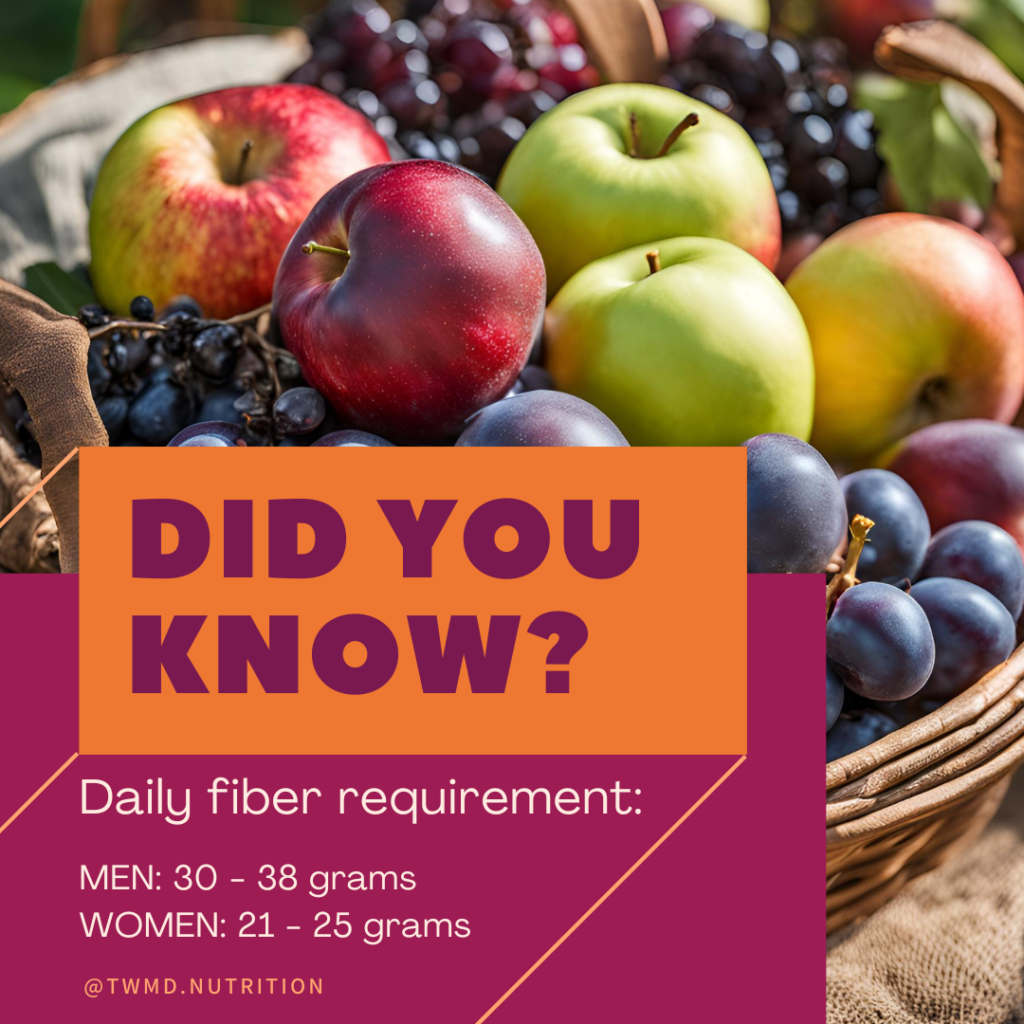New Year’s Resolutions That Last: Sustainable Wellness Strategies

Each January, millions of people make resolutions to improve their lives, with health and wellness often topping the list. But why do so many resolutions fail? It’s often because they’re unrealistic or lack the strategies needed for lasting change. At Tucson Wellness MD, we specialize in helping people achieve their health goals through practical, personalized approaches.
Research suggests sustainable resolutions require metabolic support, not just willpower. Tucson Wellness MD recommends a 3-pillar medical approach:
- Metabolic Optimization: Utilizing GLP-1 agonists (Semaglutide/Tirzepatide) to regulate appetite signals physically.
- Hormonal Balance: Bioidentical Hormone Replacement Therapy (BHRT) to correct fatigue and mood instability that often derail resolutions.
- Nutrient Therapy: IV drips and peptide therapies to accelerate recovery and maintain energy levels during lifestyle transitions.
For residents of Tucson and Southern Arizona, sustainable wellness requires more than generic advice. Climate, lifestyle, work stress, and metabolic health trends all play a role. At Tucson Wellness MD, care plans are designed around real-life challenges faced by people living in Arizona, including metabolic resistance, hormone imbalance, and chronic stress.
In this guide, we’ll explore proven strategies for building sustainable habits that enhance mental health, promote weight loss, reduce stress, and create a foundation for long-term success.
Why Resolutions Fail and How to Succeed
Resolutions often fail because they rely on willpower alone. This approach is neither sustainable nor effective. The key to success is consistency and creating healthy habits that fit your lifestyle. By focusing on small, manageable changes, you can avoid burnout and see lasting results.
Set Achievable Health Goals
Big, vague goals like “I want to lose weight” can feel overwhelming. Instead, define clear, achievable goals that align with your lifestyle and priorities.
- Example: “I will eat healthier by adding one serving of vegetables to each meal.”
- Example: “I’ll start meal planning every Sunday to make nutritious foods more accessible.”
These small, specific changes help you build sustainable habits, creating a foundation for long-term success.
Focus on Healthy Eating Over Quick Fixes

Quick fixes like fad diets often promise rapid weight loss but rarely lead to sustainable habits. Instead, focus on healthy eating by incorporating nutritious foods into your meals.
- Prioritize Whole Foods: Include lean proteins, whole grains, and plenty of fruits and vegetables.
- Plan Your Meals: Meal planning ensures you have balanced options ready and reduces the temptation to rely on fast food or processed snacks.
Eating healthier doesn’t mean restriction. It’s about creating variety and balance in your meals.
Incorporate Physical Activity for Weight Loss and Beyond
Regular exercise is vital for weight loss, mental health, and overall well-being. The goal is to find activities you enjoy so they become a consistent part of your routine.
- Try walking, swimming, yoga, or cycling.
- Break up activity into manageable chunks, such as three 10-minute sessions per day.
Consistent actions, even small ones, lead to big changes over time.
Support Mental Health Through Stress Reduction

Stress management is a critical component of health and wellness. Chronic stress can lead to burnout, weight gain, and even mental health struggles. Integrate stress reduction techniques into your routine:
- Practice mindfulness or meditation to calm your mind.
- Try deep-breathing exercises during work breaks.
- Explore IV nutrient therapy or hormone balance treatments to support your body’s stress response.
Reducing stress improves both physical and mental health, making it easier to stick to your goals.
Build Sustainable Habits with Small Changes
Big changes often feel unmanageable and lead to inconsistency. Sustainable habits, on the other hand, come from making gradual adjustments to your daily routine.
- Start with one action, such as drinking an extra glass of water daily.
- Use habit stacking: Add a new habit to an existing routine. For example, do squats while brushing your teeth.
- Track your progress with a journal or app to stay motivated and identify what works best for you.
Leverage the Power of Meal Planning
Meal planning is a game-changer for healthy eating and weight loss. It helps reduce decision fatigue and ensures you always have access to nutritious foods.
- Plan meals for the week, including breakfast, lunch, dinner, and snacks.
- Prepare ingredients in advance for quick, easy assembly on busy days.
- Keep healthy staples like fresh fruits, nuts, and whole grains stocked in your pantry.
By simplifying your choices, you’re more likely to stick to healthy habits.
Create a Support System for Success
Staying accountable increases the likelihood of reaching your health goals. Share your intentions with family or friends, and consider partnering with Tucson Wellness MD for professional guidance. We provide personalized support, functional lab testing, and wellness strategies to help you thrive.
Celebrate Progress, Not Perfection

Acknowledging small victories along the way keeps you motivated. Weight loss, for example, is a gradual process, but every step forward deserves recognition.
- Celebrate completing your first week of healthy eating or sticking to an exercise plan.
- Focus on how you feel—more energy, reduced stress, and improved mental health are major wins.
Progress, not perfection, is what creates lasting change.
Partner with Tucson Wellness MD for Your Health Goals
At Tucson Wellness MD, we help you build sustainable habits tailored to your needs. From meal planning advice to stress reduction strategies, we provide the tools you need for health and wellness success. Whether your goal is eating healthier, reducing stress, or losing weight, our experts are here to guide you every step of the way.
Let’s make 2025 the year you turn your resolutions into lasting changes. Get started with a visit to our website.































